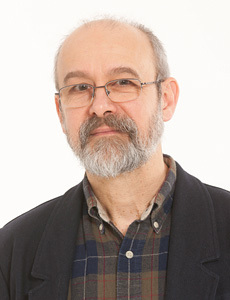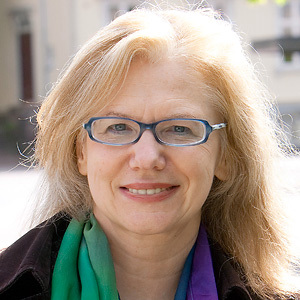INCLUDE – Centre for Inclusive Studies
More specifically, the objectives of the centre include (among others):
- Formation of a strong multidisciplinary environment.
- Creating inspiring forums for exchange of ideas, collaborative publications, development of joint applications, and organising various meetings and events such as Europe-based or international symposia.
- Creating a home for inclusion and accessibility related research (e.g., SUITCEYES, MuseIT, etc.).
- Acting as a resource centre providing research-based expertise.
- Development of a lab for haptic communication enabling alternative communication modalities beyond audio-visual.
- Continued collaborative efforts in the broad network already established comprising interested individuals, researchers, technologists, national and international organisations and agencies dealing with issues of disability and other interest groups.
The research within the centre will be interdisciplinary and typically informed by a diverse set of theoretical and methodological approaches that enable critical examination of cultural, historical, social, political, and economic values, actions and structures that lead to unequal treatments of societal members based on the ideology of normal. The studies will NOT involve a study of bodily attributes, but rather the social conditions at the root of such attributes becoming a differentiating factor in how different people are treated. The aim is to unpack established norms, values and attitudes to form a better understanding and to promote and enable social change where needed.
The innovation (technological and or social) developed within the centre will be aimed at facilitating daily life and routines and enabling enjoyable life experiences for all on comparable footing regardless of variations in sensory perceptions and/or abilities. There are already acknowledged technologies related to haptic communication that are being further developed, and which form the basis for a haptic communication lab as part of the centre. Other innovations will emerge and broadly disseminated as the work within the centre progresses.
There is already a strong network of interested parties formed including people with disabilities, researchers, technologists, policy and decision makers, national and international agencies, interest groups, and the general public. We aim to expand and strengthen this network through various joint ventures and participation in related activities.
Policy studies and recommendations will be an integral and continuing part of the centre with the aim to better understand the implications of existing policies and potential shortcomings to bridge potential gaps and to work towards improvements at local, national and international levels.
As part of the centre, various events will be organised (such as participatory workshops, symposia, etc.), and recurring meetings will take place with a minimum of monthly meetings among the members and bi-annual meetings with the centre’s broader network.
Related outcomes will be documented, and, where appropriate, published for broader access. These and further engagement activities will be employed to raise awareness and build a broader community of interest.
To ensure continued life for the centre and to create further opportunities, the members will actively monitor relevant calls and develop related project proposals to seek funding for activities undertaken and research conducted within the centre.




